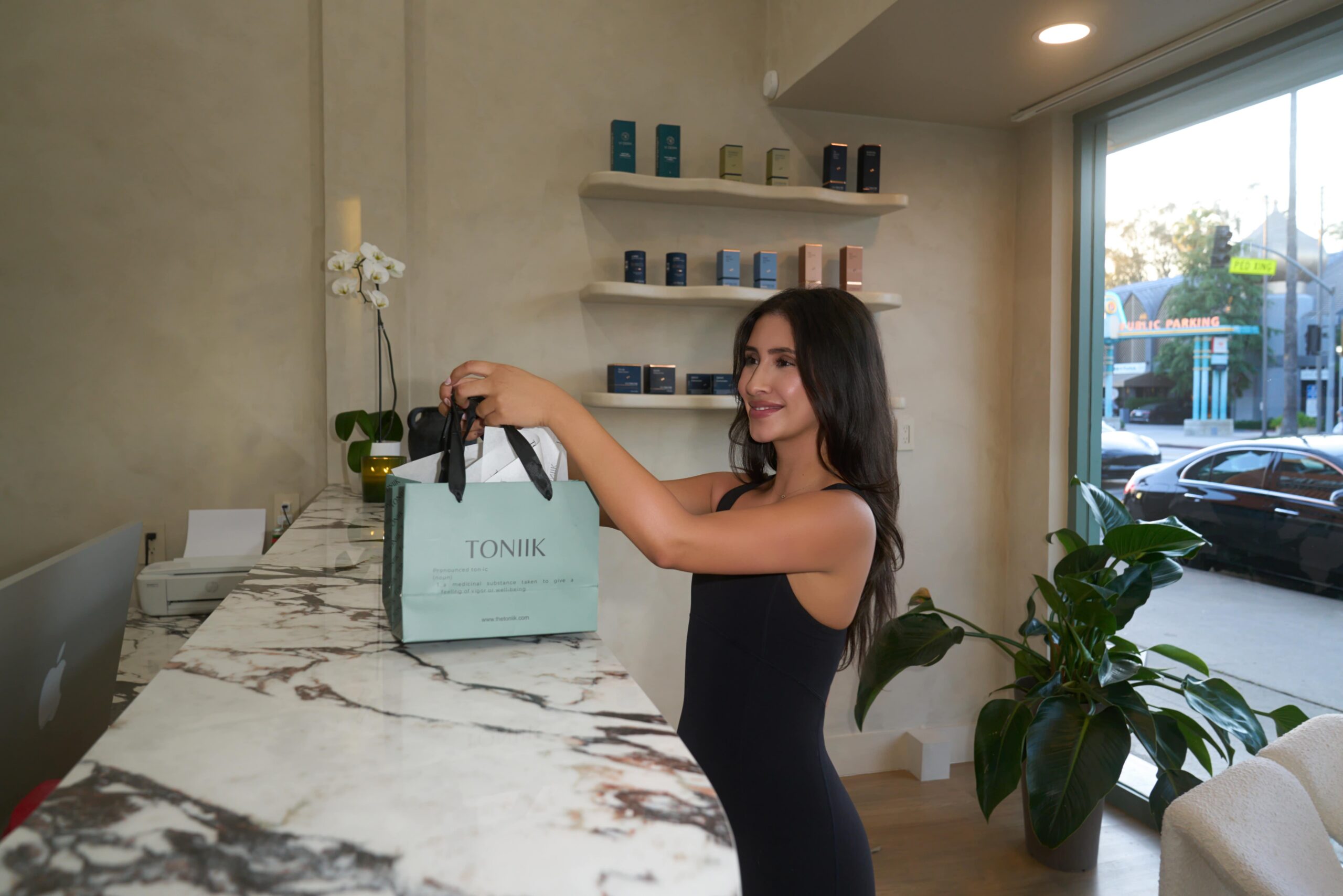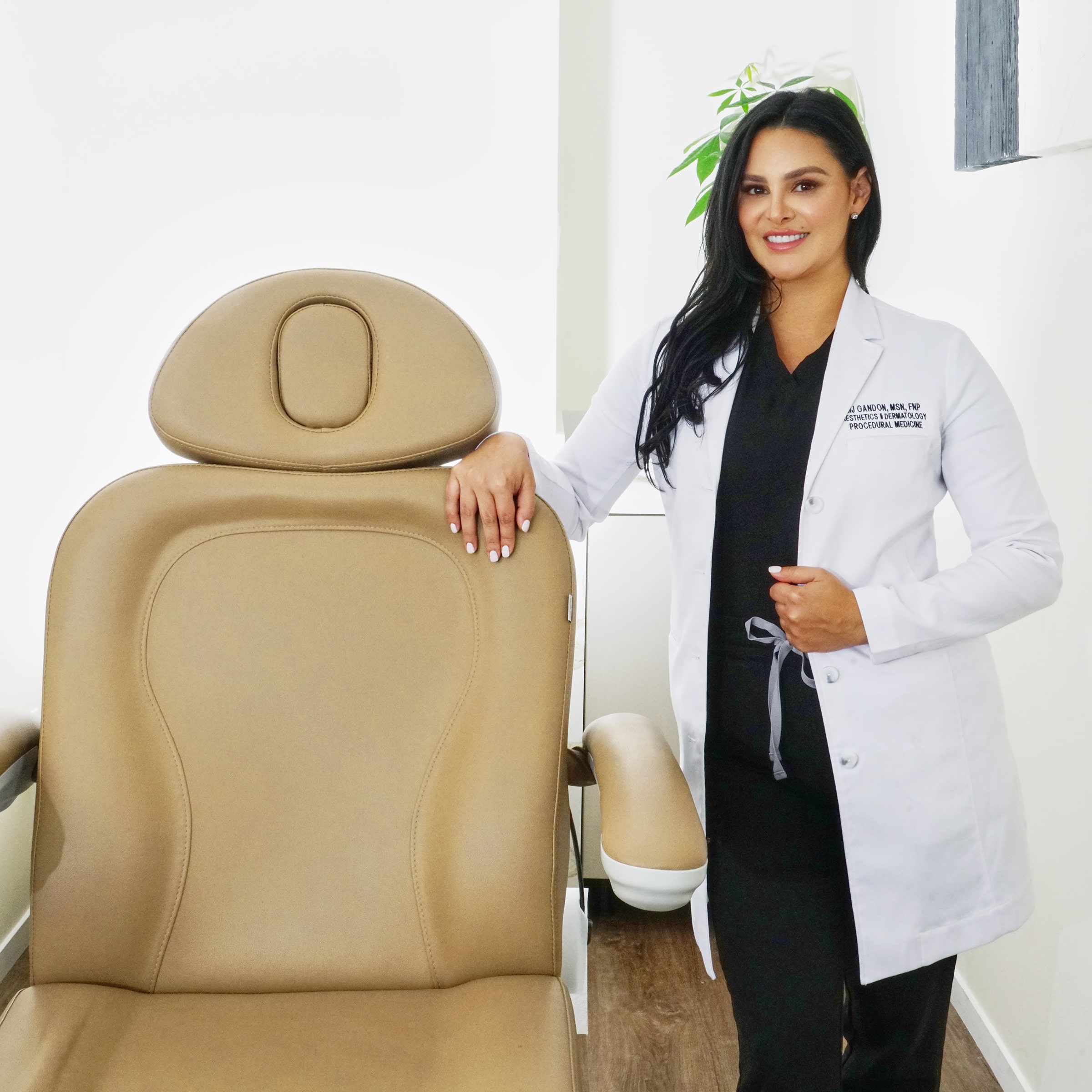
Dutch Test
The DUTCH test helps identify hormone imbalances, stress response issues, and adrenal fatigue. It’s useful when dealing with symptoms like low energy, mood changes, sleep problems, or cycle irregularities.
Understanding The Dutch Hormone Tests
The DUTCH test comes in four versions, each offering a different level of hormone insight. Each version of the DUTCH test offers a unique view into hormone balance, adrenal function, and overall health. Here’s how they differ:
DUTCH Complete
A full panel that measures:Sex hormones and adrenal hormones
Organic acids
Melatonin metabolites
Neurotransmitter markers
Gut-health indicators
DUTCH Plus
Includes everything in the DUTCH Complete, plus:Cortisol Awakening Response (CAR)
CAR is a 24-hour saliva and urine test that tracks cortisol and cortisone levels throughout the day
Offers a deeper look at stress response and adrenal health
DUTCH Cycle Mapping
Tracks estrogen and progesterone patterns across an entire menstrual cycle
Helps identify ovulation timing, hormonal imbalances, and cycle irregularities
DUTCH Cycle Mapping Plus
Combines Cycle Mapping with the full CAR panel
Offers both daily hormone rhythm and stress pattern analysis for a complete hormone profile
FAQ
The Dutch Test measures hormone metabolites in urine, providing insights into hormone levels, adrenal function, and overall health.
It can help identify hormonal imbalances, adrenal dysfunction, and metabolic issues, which may contribute to various health problems.
The test typically involves collecting urine/saliva samples at four different times throughout the day, often including first morning urine.
Samples are taken during different times of the day for a 24 hour period at home, you do not need to come in to the office for each urine/saliva sample.
It measures estrogen, progesterone, testosterone, cortisol, and their metabolites, among others.
It’s considered reliable, but results should be interpreted by a qualified healthcare provider within the context of your health history and symptoms.
Results usually take about 1-2 weeks after the lab receives your samples.
Discuss them with a healthcare professional who can help interpret the findings and suggest appropriate next steps or treatments.
Costs can vary widely depending on your location and the provider, ranging from $500 to $650 or more.

